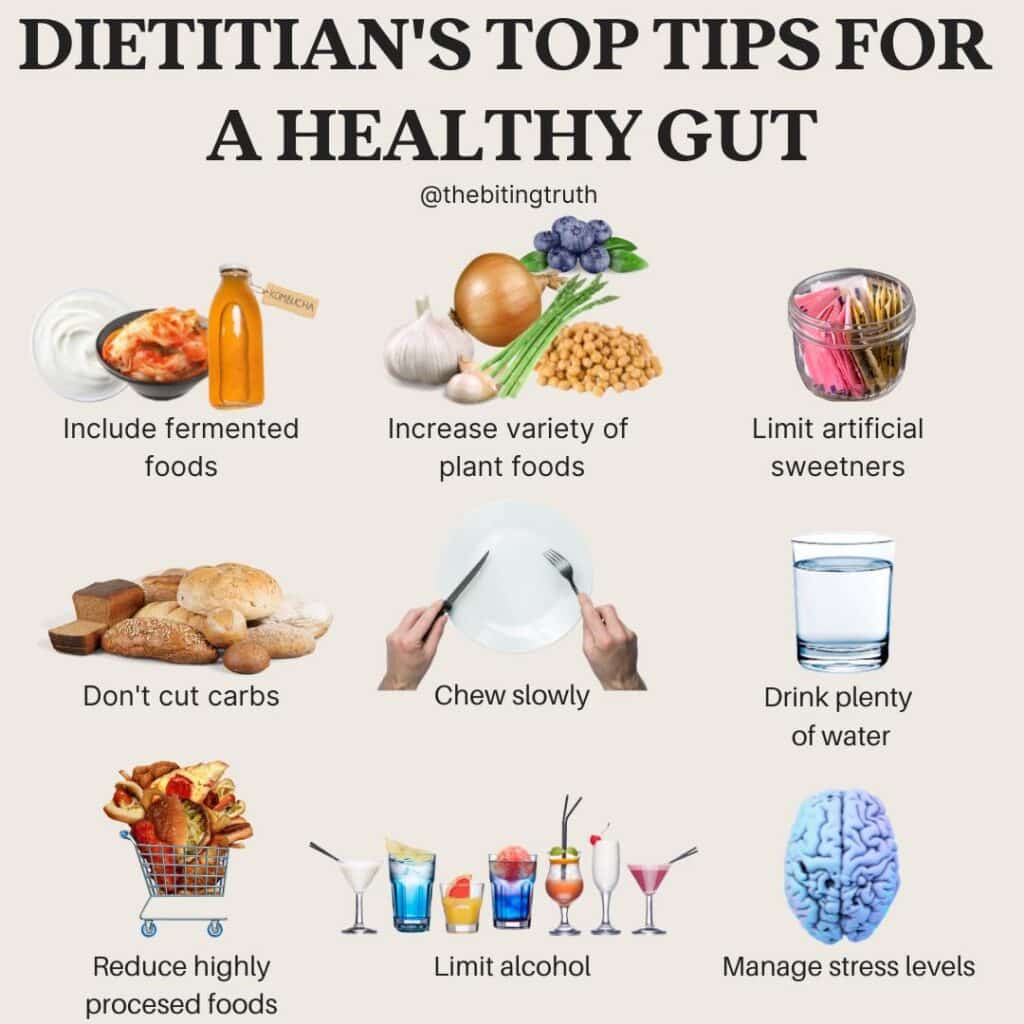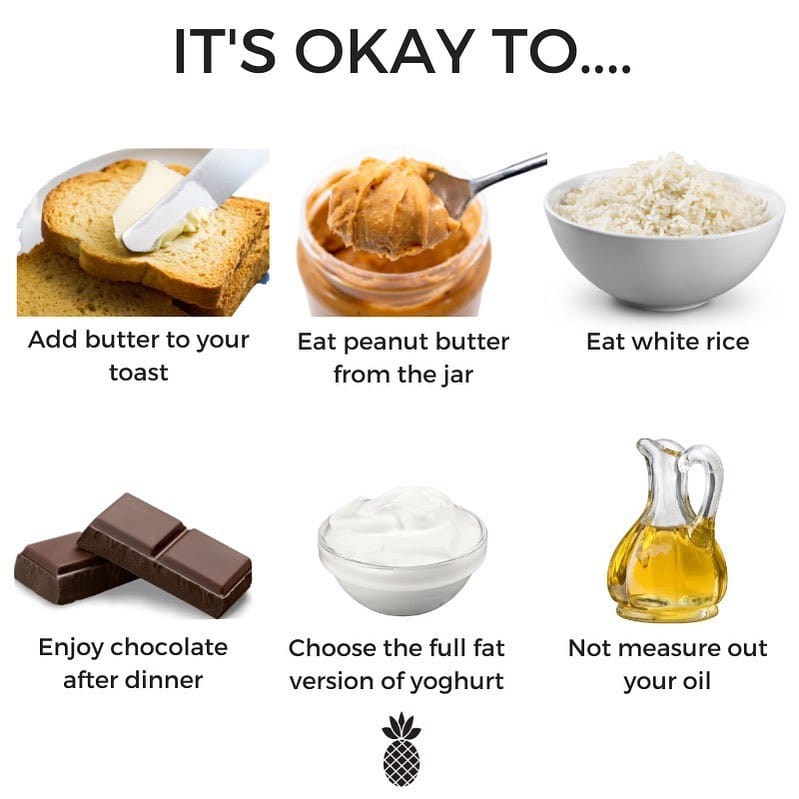Free shipping for orders over $80
Free shipping for orders over $80
Your gut is home to trillions of microorganisms, which collectively are called your gut microbiome. Various lifestyle factors can influence your gut microbiome such as diet, sleep, stress levels, disease state and medications.
When the microbes that live in your gut are in balance, the rest of your body is in harmony too. However, when things go awry, the harmful bacteria can sometimes grow and overpopulate, which can lead to an unhealthy gut (also called gut dysbiosis), which can negatively affect the rest of your body.
If your stomach is frequently upset and you experience nausea and/or abdominal pain following mealtimes it could suggest there is an imbalance in your gut bacteria. This imbalance in bacteria is referred to as called dysbiosis.
An imbalance in gut bacteria can mean your body experiences more difficulty processing food and eliminating waste
Bloating is generally described as a feeling of fullness, tightness or pain, accompanied by distension of the stomach, particularly below the waist.
First things first, feeling a little bloated after eating a big meal is totally normal. It is very common to feel bloated if you’ve overeaten or didn’t chew your food properly. Another common reason for bloating is due to eating a high fibre meal. When fibre is fermented by the bacteria in your gut, gas is produced, which can make you feel bloated.
However, frequent painful bloating that lasts for more than an hour after a meal may be an indicator your gut microbiome isn’t in the best health.
Diarrhoea is described as frequently passing soft, liquid stools. Most people will experience diarrhoea at some time in their life, however, if this becomes a regular occurrence you should consider the health of your gut.
Diarrhoea can be the result of an infection, whereby a bug has disrupted the environment of your gut or it could be related to a food intolerance or allergy. Diarrhoea can make your gut health worse by pushing out the good bacteria in your gut, contributing to even more gut dysbiosis.
Constipation is also something many people will experience every now and then. Constipation is very individual – for some it’s about how frequently they poop and for others it’s to do with straining or not emptying their bowels entirely. It can also be related to the consistency of poop.
When it comes to how often you poop – anywhere from 3 times per day to 3 times per week is considered to be normal.
What isn’t so normal though? Straining, experiencing difficulty passing your stools, feeling like you are not fully evacuating when you do open your bowels or feeling the urge to go but not being able to.
There are many potential causes of constipation however a common cause is a lack of dietary fibre, which can reduce the diversity of gut bacteria living in your large bowel. Fibre adds bulk to your stool so it can pass easily. Other factors include a low fluid intake, lack of regular exercise, certain medications and pregnancy.
It can be hard to gauge what is considered excessive when it comes to flatulence. It’s normal to pass wind as this is actually part of the digestive process that takes place in your large intestine. When your gut bacteria “feed” on undigested food particles in the large intestine, gas is produced as a natural by-product of that process. In fact the average person passes wind around 10-20 times a day
However, if you find yourself passing wind more than 20 times a day or if they are particularly smelly, or cause discomfort, this could be a sign of poor gut health.
The relationship between sleep and the gut microbiome is a two way street. Your gut microbes are thought to influence the quality of your sleep and your sleep quality can also influence your gut microbes.
It is thought sleep disturbances may be a result of a decrease in the amount and types of beneficial bacteria living in the gut. On the other hand, your gut bacteria have their own circadian rhythms (just like other organisms) and inadequate sleep can disrupt this rhythm in the microbiome and negatively influence the diversity and number of bacteria in the gut.
Most of us need 7-8 hours sleep each night and even if you think you can function perfectly fine on less, your gut bugs might think otherwise!
The health of your gut is directly linked to your overall health and wellbeing. It’s important to be aware of any gastrointestinal symptoms you experience on a regular basis as this may be an indication that your gut health needs improving.
If you have any concerns with your gut health or are experiencing gut irritability, indigestion, diarrhoea or constipation, it’s best to seek advice from your healthcare provider/s (i.e. GP & dietitian).
—
Notes






